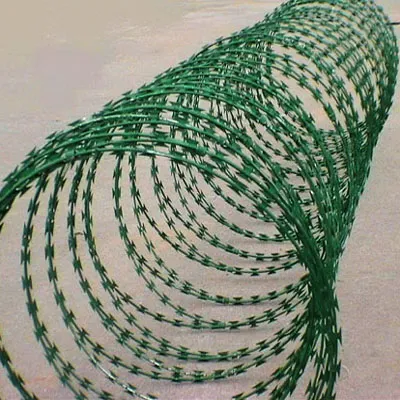When it comes to installing drywall on ceilings, one of the most critical factors to ensure a successful and secure installation is choosing the right type and size of screws. Drywall screws are specifically designed to hold drywall sheets in place firmly, and using the correct size is essential for optimal support and stability. In this article, we will explore the appropriate size screws for achieving a reliable drywall ceiling installation, specifically focusing on using 5/8-inch drywall, which is a common choice for ceilings due to its strength and fire-resistance properties.
Understanding Drywall Thickness
Drywall comes in various thicknesses, with 1/2-inch and 5/8-inch being the most popular for ceiling applications. The 5/8-inch drywall is especially recommended for ceilings because it is more rigid, reducing the risk of sagging, which is particularly critical in larger spans. Therefore, when considering screws for installing 5/8-inch drywall, it is essential to choose the right length and type of screw to ensure a secure fit.
Screw Size Recommendations
For 5/8-inch drywall ceilings, the most commonly recommended screw size is 1 1/4-inch (1.25-inch) drywall screws. These screws provide sufficient length to penetrate the drywall and adequately bite into the wood or metal studs behind it. The 1 1/4-inch length is ideal because it ensures that the screw reaches deep enough into the framing to provide a solid hold while avoiding the risk of the screw protruding through the drywall surface.
If you are working with metal framing, you may want to use slightly different screws, either self-tapping drywall screws that are designed specifically for metal or screws that are up to 1 1/2 inches long to compensate for the different fastening requirements
. However, in most standard installations with wood framing, 1 1/4-inch screws will suffice.Screw Type Matters
what size screws for 5 8 drywall ceiling

When selecting screws for drywall installation, it’s also crucial to consider the type of screw. The most common choice is a coarse-thread drywall screw, which is specifically designed for joining drywall to wood studs. Coarse-thread screws grip wood easily and are less likely to strip out when driven into the framing.
For metal studs, drywall screws with fine threads are preferable, as they allow for a tighter grip and ensure secure fastening without damaging the metal. Regardless of the type, it’s important to use screws that are designed for drywall to avoid problems such as bending or breaking during installation.
Proper Installation Techniques
Along with choosing the right screws, proper installation techniques are also vital. Begin at one corner of the drywall sheet, placing screws approximately 12 to 16 inches apart, working your way across the sheet. Always ensure that screws are driven slightly below the surface of the drywall without breaking the paper surface, as this allows for a smooth finish and avoids potential issues during taping and finishing.
Be sure to use a screw gun or a drill with a depth-sensing attachment to maintain consistent screw depth. This will not only enhance the aesthetics of the finished surface but also provide a stable base for the mudding process.
Conclusion
In conclusion, when it comes to installing 5/8-inch drywall on ceilings, using the right size screws—typically 1 1/4-inch coarse-thread screws for wood framing—is crucial for a successful installation. Understanding the purpose of screw types, along with employing proper installation techniques, will ensure your drywall ceiling remains sturdy and presents a flawless finish. With attention to detail in both screw selection and installation practices, you can achieve durable and long-lasting drywall ceilings that withstand the test of time.

















